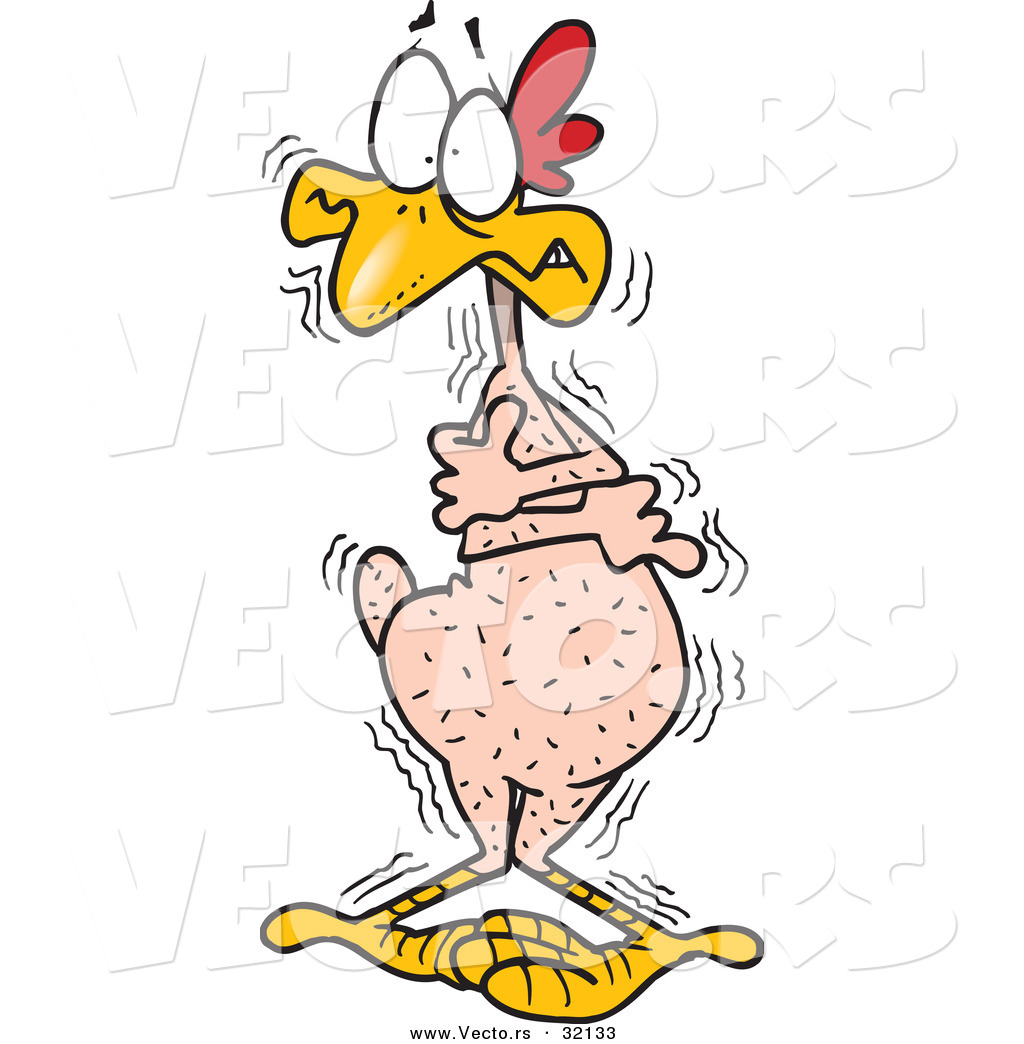Occasionally your chickens may exhibit symptoms that seem
unusual, or may lead you to believe your chicken is ill. Before you over react
and run your chicken to the local veterinarian, check to see if maybe your
chicken may just be exuding the usual signs of molting.
Chickens go through a common process called molting. This process involves the “shedding” or loss of feathers. This may make your chicken appear to be going bald, when in fact your young chicken is just shedding the old feathers to make room for new. This process is important in allowing the chicken to develop its strong, new feathers fully.
It is important to realize that sometimes your flock may act a bit out of the ordinary if they are molting. They may not lay eggs for a little bit, or may pick at themselves with their beaks. These symptoms are normal and are not to be worried about. If your chickens are still acting normal then your flock is most likely molting. It may be a good idea to be sure your flock isn’t all the same age to reduce the risk that all molt at the same time.
This molting process may last for a good bit of time. A typical feather takes about 7 to 9 weeks to fully grow. The entire molting process may last as little as 2 months, and sometimes as long as 4 months. It is important to keep chickens comfortable during this time as their skin will be very itchy. Do not try to pull feathers from your chicken to “help” the molting process as this may cause harm to your chicken, and may irritate their skin further. Keep your chicken coop clean and comfortable to ensure a quick molt process.
Young chickens, around one year of age, will begin to experience this process as they shed their baby feathers for their adult ones. There are a few things one can do to help speed the process along. Increasing nutrients in their diet can help their digestive systems and move the molting process along quicker. Ask your vet for any suggestions they may have to help aid this process along, or any feeding instructions they may have to help your chickens body go through the molting quicker.
Make sure once your chicken begins going through this process that you provide your flock with plenty of fresh water, and proper food. Your chicken may be more susceptible to infection during this time, so maintaining a clean chicken coop and environment for your flock is important. Remove feathers quickly from the coop in order to avoid a large buildup as once the feathers begin to molt there will be a lot of them flying around. If any of your chickens going through the molting process exhibit any symptoms that may point to an illness, separate this chicken immediately and contact your veterinarian. Be sure to monitor the remainder of the flock to ensure their health.
Chickens go through a common process called molting. This process involves the “shedding” or loss of feathers. This may make your chicken appear to be going bald, when in fact your young chicken is just shedding the old feathers to make room for new. This process is important in allowing the chicken to develop its strong, new feathers fully.
It is important to realize that sometimes your flock may act a bit out of the ordinary if they are molting. They may not lay eggs for a little bit, or may pick at themselves with their beaks. These symptoms are normal and are not to be worried about. If your chickens are still acting normal then your flock is most likely molting. It may be a good idea to be sure your flock isn’t all the same age to reduce the risk that all molt at the same time.
This molting process may last for a good bit of time. A typical feather takes about 7 to 9 weeks to fully grow. The entire molting process may last as little as 2 months, and sometimes as long as 4 months. It is important to keep chickens comfortable during this time as their skin will be very itchy. Do not try to pull feathers from your chicken to “help” the molting process as this may cause harm to your chicken, and may irritate their skin further. Keep your chicken coop clean and comfortable to ensure a quick molt process.
Young chickens, around one year of age, will begin to experience this process as they shed their baby feathers for their adult ones. There are a few things one can do to help speed the process along. Increasing nutrients in their diet can help their digestive systems and move the molting process along quicker. Ask your vet for any suggestions they may have to help aid this process along, or any feeding instructions they may have to help your chickens body go through the molting quicker.
Make sure once your chicken begins going through this process that you provide your flock with plenty of fresh water, and proper food. Your chicken may be more susceptible to infection during this time, so maintaining a clean chicken coop and environment for your flock is important. Remove feathers quickly from the coop in order to avoid a large buildup as once the feathers begin to molt there will be a lot of them flying around. If any of your chickens going through the molting process exhibit any symptoms that may point to an illness, separate this chicken immediately and contact your veterinarian. Be sure to monitor the remainder of the flock to ensure their health.

No comments :
Post a Comment